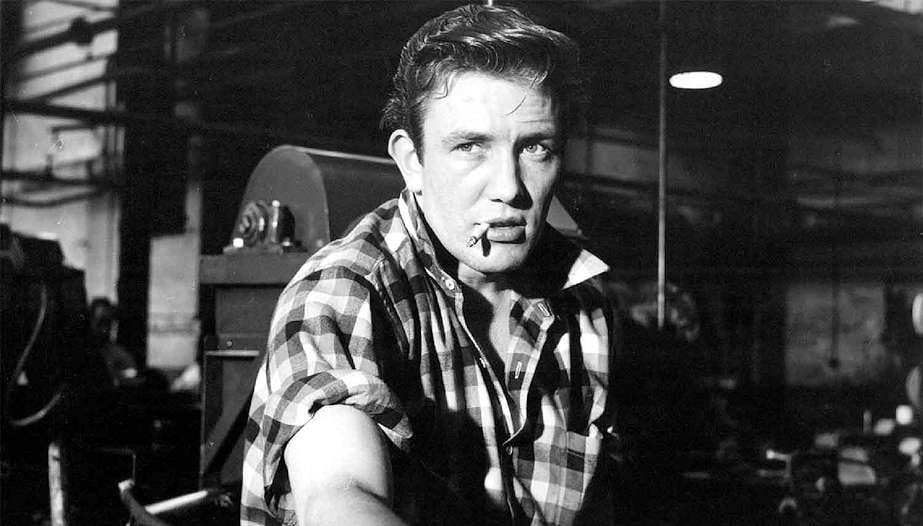Welcome II the Terrordome (1995) Directed by Ngozi Onwurah
This movie, about race relations in a not too distant future Britain, defies criticism (though I will take a shot later). Technically it's not a very good movie, though it is one hell of a monumental expression. So where to start? For me, I have to start with its anger, which is an all consuming leviathan. The anger comes not just from despair but from the death of hope. The film was greeted with derision in 1995 in Britain, universally excoriated according to
The Guardian. A quarter of a century later, a deluxe copy is now available on Criterion. What changed? Well, not much in the real world as the film seems like it could have been made yesterday and in several countries. How has it moved from trash to poetry, though? I can only think of one reason. White critics, and by extension, the white society at large, wasn't ready for
Welcome II the Terrordome in 1995, seeing the movie as an alarmist, paranoid and, the go-to adjective whenever a woman makes a controversial movie, hysterical. A quarter of a century later, we get the point. Racism is actually a greater problem and more corrosive than we think it is, and no amount of empathy can really bridge the gap between my existence and what constitutes reality for millions of people of colour. Twenty-five years ago, when my daughters were little girls, I never thought about teaching them to avoid cops; when they were teenagers, I never worried that they would be targeted and potentially brutalized because of their colour. Black parents live with these fears every single day. So while Ouwurah's movie is cheap and rough and and raw and poorly acted, I am beginning to understand the impulse that would drive a black woman to make such an angry, unrelenting movie.
To judge
Welcome II the Terrordome as a movie requires different standards than the usual ones. The movie does have some aesthetic positives, just not of the standard variety. The primary one for me is the purity of its anger. Ouwurah is pissed off and not in any mood to temper her anger or to channel it into a didactic moment. It is like she just gave herself
carte blanche to let her demons scream as loudly as they could. She is perhaps too ambitious in including mythology and the inescapably soul-warping nature of slavery and how its past continues to contaminate our present. It's not that these things should not be included, but they seem to be beyond her grasp as a director to make them work as well as they might. Oddly enough, for me it is really her bullying of the audience that is most impressive. Scene after scene after scene is fiercely presented, the hatred that she presents and the anger that she feels virtually palpable and very much in the audience's face. It is an assault on the senses and it feels like an assault. I wished it would stop. There is nothing watered down in this movie; no place for the audience to catch its breath. To take one's scalding anger and unleash it as purely as Ouwurah does here is an artistic accomplishment. It is not easy to take but it is incredibly compelling to observe, partly because it is so unfiltered. That takes skill of a formidable kind--we would probably see more of it if it wasn't so hard to accomplish.
Looking at the film from a classical aesthetic perspective, which seems a perverse thing to do, the movie actually doesn't fare that badly. Is it beautiful? No, but it is has a kind of purity that borders on the beautiful. Is it true? Ouwurah, in nothing else, forces a revaluation of our assumptions. Is it timeless? Sure seems to be, Is it universal? Too depressing to think about. In the end, I will probably remember
Welcome II the Terrordome less as a movie and more like an overall statement about racism, much like Picasso's
Guernica is an overall statement about war. They are both art.




